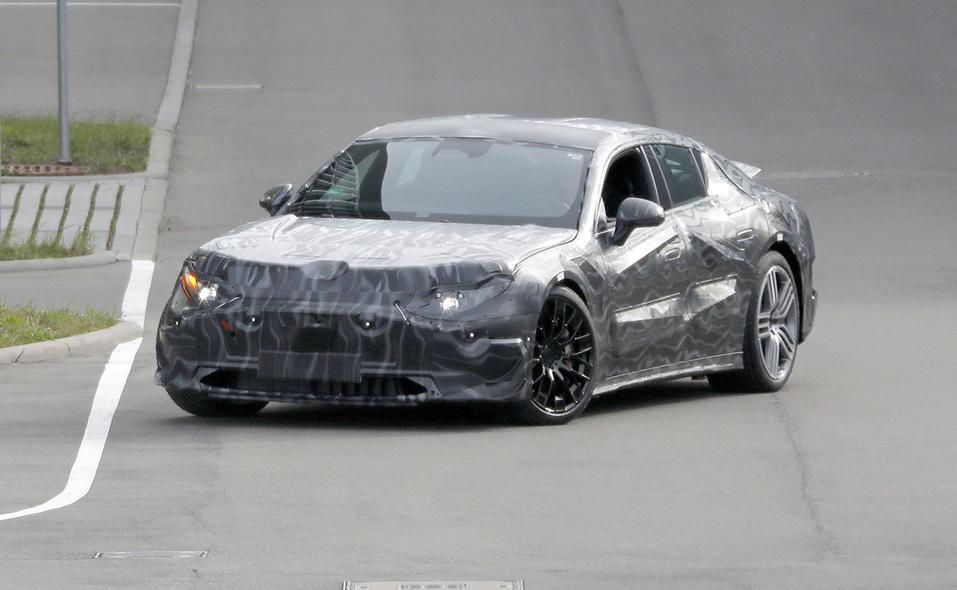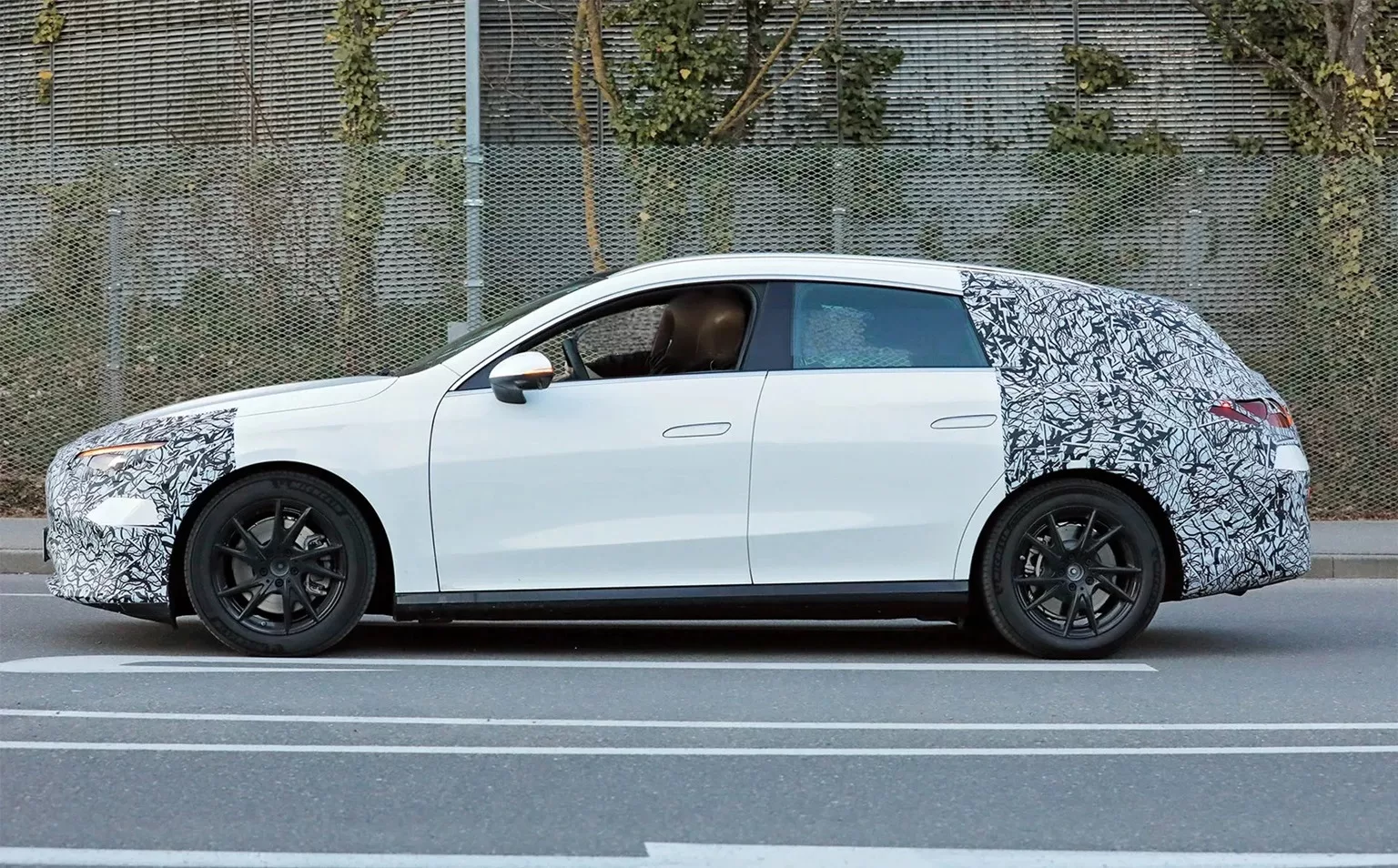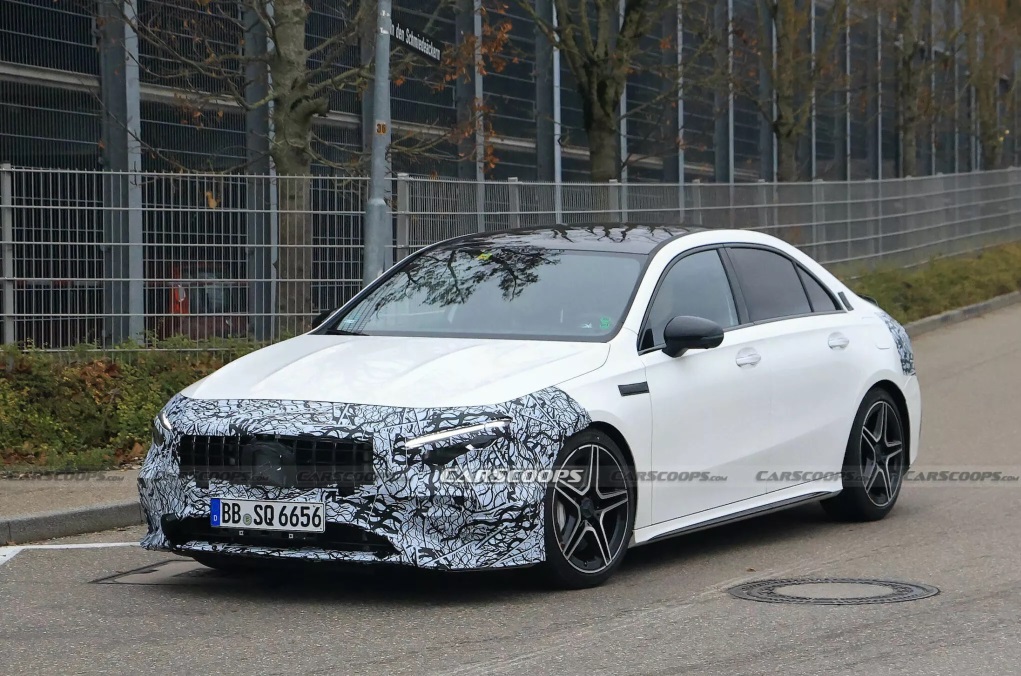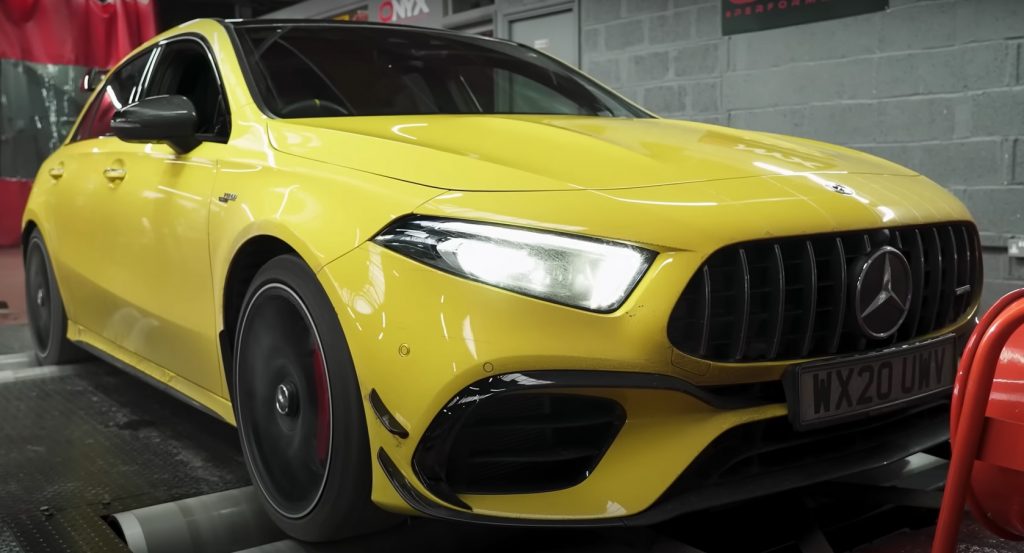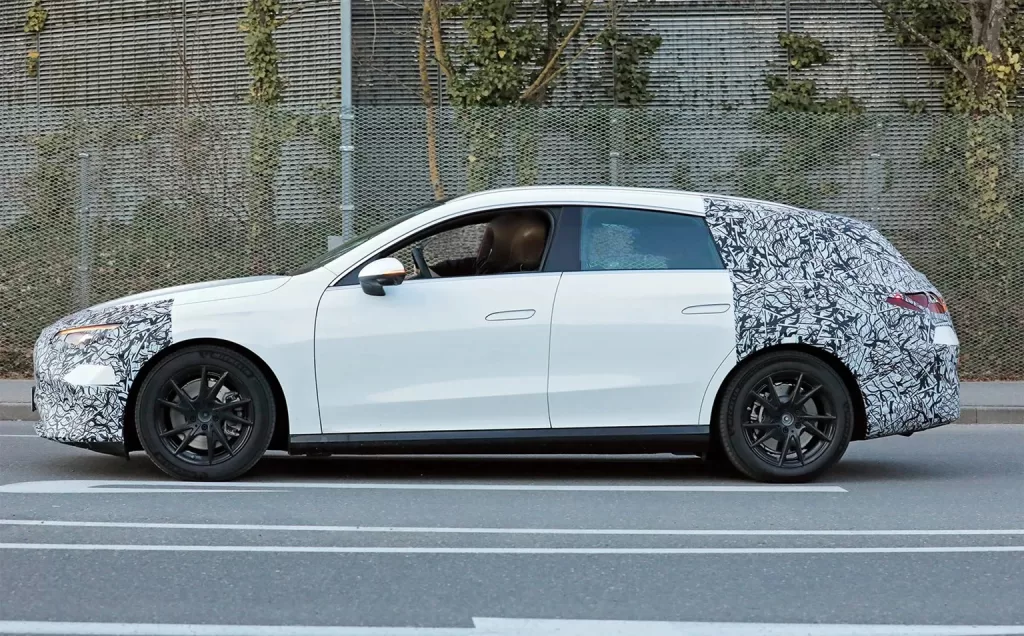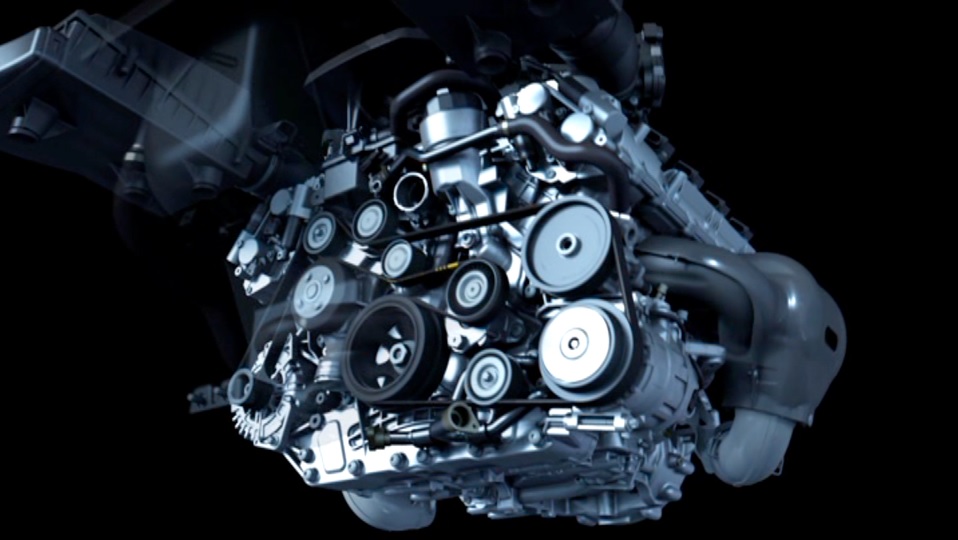
Over time, carbon deposits form in your engine due to the incomplete combustion of fuel or dirt getting in its intakes. They can cause a number of problems, including decreased performance, reduced fuel economy, and increased emissions. Engine decarbonization can help eliminate these contaminants in your vehicle and prevent many problems associated with excessive carbon build-up.
Benefits of Decarbonization to Your Mercedes
When it comes to decarbonizing your Mercedes engine, there are many benefits that you can enjoy. First and foremost, decarbonizing your engine will help to improve its performance by reducing the amount of carbon buildup that can occur over time. In addition, decarbonizing your engine will also help to improve its fuel economy by allowing it to burn cleaner and more efficiently. Finally, decarbonizing your engine can also help to extend its lifespan by protecting it from the harmful effects of carbon buildup.
Signs that You Need to Decarbonize Your Engine
If you are experiencing any of the following issues, it may be time to have your engine cleaned through decarbonization:
- Decreased performance
- Poor fuel economy
- Black smoke from the exhaust
- Rough idling or stalling
- Hard starts
- Increased noise from the engine
How Engine Decarbonization Works for Your Mercedes
Engine decarbonization is typically done by one of two methods: chemical or physical. Chemical engine decarbonization uses a solvent to dissolve the carbon deposits. Physical engine decarbonization uses heat to break the carbon deposits down into smaller pieces that can be more easily removed from the engine.
Do You Need One?
Overall, there are many advantages to decarbonizing your Mercedes engine. If you are looking for ways to improve the performance of your vehicle, then consider decarbonizing it. Not only will you enjoy the benefits that come with improved performance, but you will also be able to extend the lifespan of your power unit.





